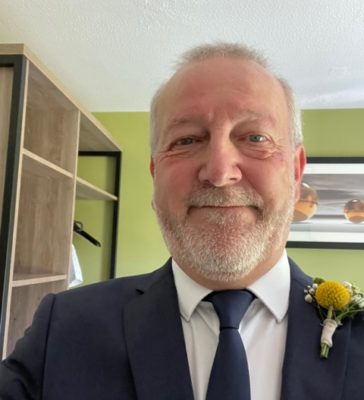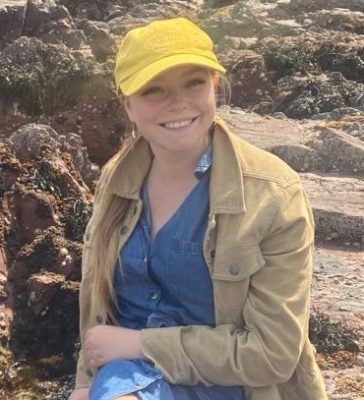
John Mosford Wiseman
Current Employer/Organisation Name
Circles South West
What have you been doing since leaving Exeter, and what are you doing now?
Having left Exeter University in June 1981 with a Certificate of Qualification in Social Work, I have since worked for 40 years in the Probation Service in the UK and in New Zealand (1995 – 2000). For the last 12 years of my time in Probation I was the Chief Executive of the Dorset Probation Trust (2007 – 2014) and Chief Executive of the South West Community Rehabilitation Companies (2014 – 2019) when I took early retirement. For the last 2 years I have been employed by Circles South West, an independent charity, providing support to men and women convicted of sexual offending and living in the community, with the express purpose of preventing further victims of sexual abuse. My work in Criminal Justice spans over 40 years now but my passion for this work and my commitment to protecting the public and helping to reduce reoffending remains as strong today as it was the day I left Exeter University.
Why did you choose this career? And what do you enjoy most about your work?
This career was nothing less than a vocation. As for what I have enjoyed most, it has been the constant variety of the work and the people that I have worked with over this time. No two days are the same and although the work is challenging and demanding at times the reward is knowing or believing that you are making a difference in some small way and helping to make our communities safer.
Please tell us if you were a member of any societies, groups or sports clubs?
I spent 2 years at Exeter University studying for a B Phil in Social Work (a postgraduate degree) coupled with the Certificate of Qualification in Social Work (CQSW) which at that time was the entry route into the Probation Service. I was a member of the successful Exeter University Mens’ Hockey Team that won the UAU championship in 1981.
What did you enjoy most about your programme and what was the biggest highlight?
This was a very practice based course with significant periods of time spent out on placement and that was the highlight for me – getting hands on experience working in a variety of social work and probation settings prior to embarking on a career in the Probation Service.
What did you enjoy most about studying here?
All of the above.
Why did you choose to study at Exeter?
It was, at that time, one of the most highly regarded courses in the country with some brilliant lecturers all of whom had first hand experience of working in the field. It also had one of the best University hockey teams in the country and as a committed hockey player it was a natural choice.
What skills and experiences have been most useful for your career?
I have learned a wide range of skills both in the management of people, teaching skills and lots of groupwork skills. I also had the privilege as the Chief Executive of Dorset Probation Trust and the Community Rehabilitation Companies, of meeting with senior politicians including a number of Secretaries of State for Justice, and of seeking to influence and shape criminal justice policy from within.
What advice would you give to a current student who wishes to pursue your career?
As I said, this was a vocation for me and it is not a career that anyone should enter into unless they are totally committed and passionate about what the job entails and the overarching aims and objectives, to protect the public and to reduce reoffending. But for those who have that passion and that desire there is no more rewarding or varied career.
What are your plans for the future?
At almost 66 I have no plans beyond continuing to do this work on a paid or voluntary basis for as long as I possibly can!

